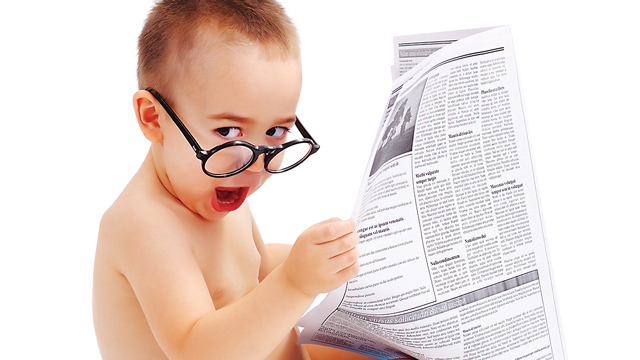
Over the holidays, my mother was appalled that my almost 3-year-old son was not potty-trained yet. I told her it wasn’t a battle I wanted to have, and that I was waiting for the right time. Are parents these days waiting longer for this, or am I behind the curve?

For a variety of reasons, parents are definitely waiting longer today than in previous generations. One of the main factors is the highly effective absorbency of today’s diapers and pull-ups. With advanced design, toddlers are often unaware of being in a wet diaper and therefore, do not experience the discomfort of a wet or soiled diaper. And the ease and efficiency of diapers offer less motivation for parents to potty train their little ones. Another reason is the growing trend of parents allowing children to have more self-direction in many aspects of their young lives. The regimented schedules of feeding, sleeping, and toileting are no longer the most common parenting norm. Parents recognize that children have opinions and ideas and want to nurture those feelings. On average, most children are ready to potty train between the ages of eighteen months and thirty-six months.
You said you weren’t interested in having the “battle” at this time. I would encourage you to think of potty training more as an adventure than a battle. There are several steps you can take to introduce the concept to your child with enthusiasm and optimism. The information on how to potty train can seem overwhelming, ranging from strategies of potty training in twenty-four hours to a potty with an attachable iPad screen for your child’s entertainment. You have to choose a method that will work best for you, your parenting style, and your family. If keeping to a schedule has always been difficult, a regimented approach will not be the best fit. If you don’t believe in using any type of reward system for behavior, a sticker chart method isn’t for you.
You can take cues from your child. Is there any interest in going to the potty independently? Is there awareness of when he is eliminating in his diaper? Is there an external motivation for potty training – like a preschool program or summer camp that doesn’t accept children in diapers or pull-ups? There are many books about potty training, and a variety of fun potties for children to use. Try to make this an exciting experience for your son. He is growing up and becoming a big boy. You mentioned waiting for the right time. If you know when that is, I would say stick to your schedule. If you are unsure, definitely begin to discuss potty training and see what your son’s reaction is. Timing does play a role, but as the parent, you have the ability to craft the timing that works best for you. The winter months may be the perfect time to begin, as there may be longer periods of staying home because of the weather. Having some chunks of time throughout the day that your son can have access to the potty without having to remove a lot of clothing and interrupt different activities is ideal. Busy play dates and outings are too engaging for your son to also want to learn how to use the potty.
Your pediatrician or nurse practitioner is an excellent source of advice and can help alleviate some of your concerns. As with any parenting decision, it is important that all caregivers are on the same page and behaving consistently. This will lessen any confusion for your son. Perfection is unobtainable, so be realistic with your expectations and the process. Embrace this next stage for your son and your family.




